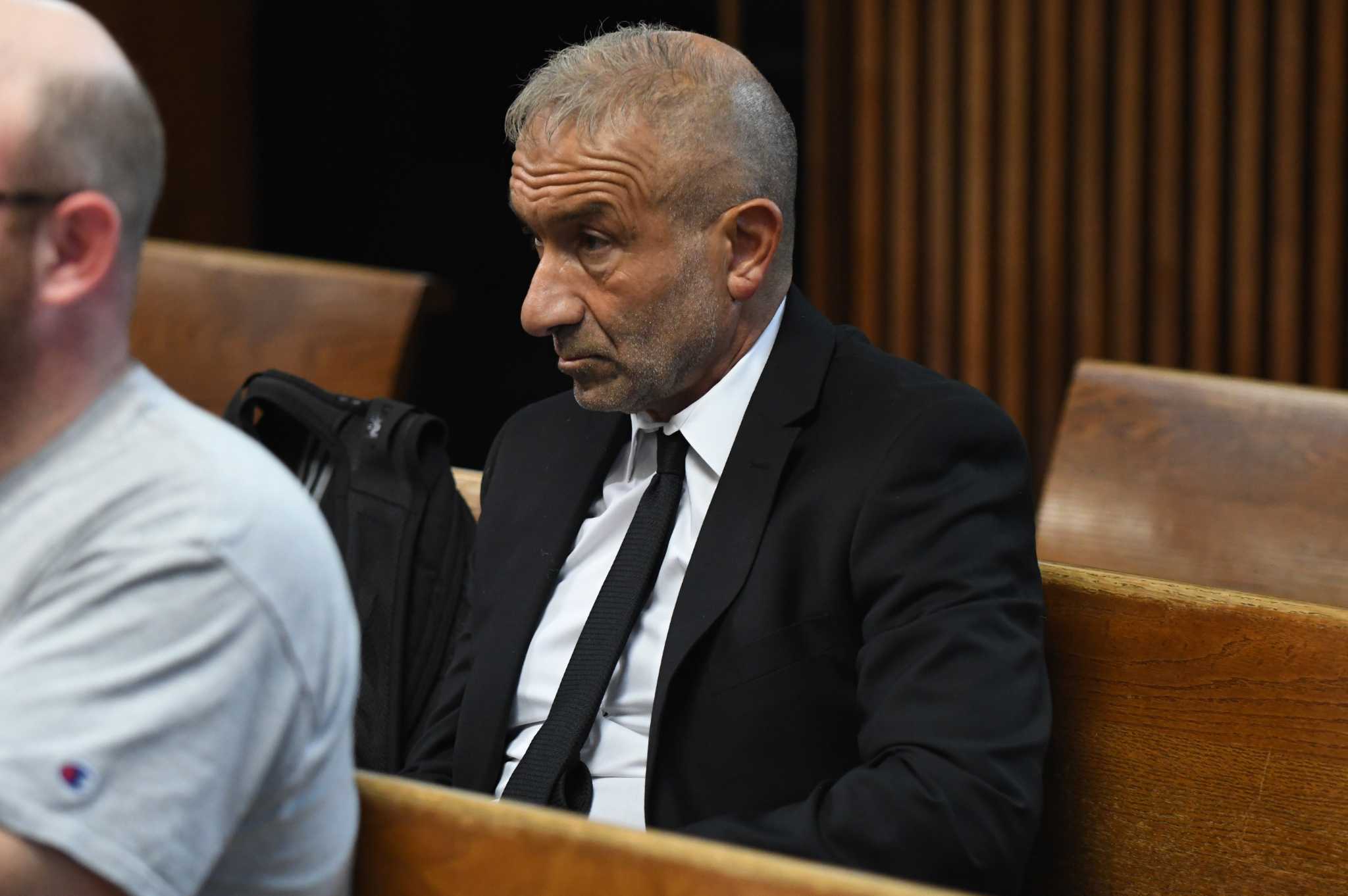Supreme Court justices raise doubts about law in Kaloyeros case


WASHINGTON, D.C. — The U.S. Supreme Court on Monday appeared likely to overturn the wire fraud convictions of Alain Kaloyeros and his co-defendants in the Buffalo Billion bid-rigging case that led to the downfall of the Albany Nanotech founder back in 2016.
In a session that took just over an hour to argue, justices appeared to agree with the defendants in the case, who were convicted of wire fraud in 2019, that the “right-to-control” theory of wire fraud the government prosecuted them under was flawed.
Eric Feigin, a deputy solicitor general with the Department of Justice, admitted to the justices that the controversial “right-to-control” theory the case was prosecuted under was problematic as well.
Kaloyeros and three upstate developers, Louis Ciminelli, Steven Aiello and Joe Gerardi, were all convicted in 2019 in federal court in Manhattan on charges of wire fraud and wire fraud conspiracy and sentenced to federal prison. All were released earlier this year after the Supreme Court decided to take up the appeal.
“The only proper judgment is a judgment of acquittal,” said Michael Dreeben, the attorney for Ciminelli, who argued the appeal on behalf of the four defendants in the case, including Kaloyeros.
Prosecutors alleged that Kaloyeros had conspired with Ciminelli, Aiello and Gerardi, who were upstate developers and major donors to the election campaign of former Gov. Andrew Cuomo, to fix the bidding process for Albany Nanotech construction projects in Buffalo and Syracuse in such a way that they would eventually be awarded the contracts.
The allegations did not involve any direct payments, bribes or kickbacks but rather tricking the board of Fort Schuyler Management Corp., a quasi-governmental non-profit that oversees real estate projects across upstate for Albany Nanotech.
The Second Circuit Court of Appeals, where the case was originally appealed, has long upheld the right-to-control theory of wire fraud, although that could become problematic going forward depending on how the Supreme Court rules.
Now, the question appears to be whether or not the justices will send the case back to a lower court or rule against the government’s case entirely, which would essentially result in the convictions of Kaloyeros and the other defendants being overturned.
The main question in the case has been whether or not the so-called right-to-control theory that Kaloyeros and his co-defendants were convicted under was valid under the federal wire fraud statutes. The three upstate real estate developers who were awarded nearly $1 billion in state construction contracts.
The right-to-control theory, which was developed under case law in the Second Circuit that includes Manhattan, essentially says that a person can be convicted of wire fraud if they deprive someone of their own “right-to-control” information related to their finances.
That’s a much more intangible definition of property as it is laid out in the federal wire fraud statute, a result of specific case law decided over the years within the Second Circuit.
“It is not an ideal scenario,” Justice Neil Gorsuch said during Monday’s hearing.
“Why did anyone go down this road?” asked Justice Elena Kagan.
One of the issues with the government’s defense of the case is that it decided to essentially abandon its right-to-control theory in its filing with the Supreme Court in favor of a broader definition of wire fraud, admitting that the government could abuse the right-to-control theory for cases that should have instead been argued in civil, not criminal cases.
The decision the Supreme Court must make now appears to be whether to acquit Kaloyeros and his co-defendants or to send the case back to a lower court to be decided again with new instructions.
“It is possible for the theory to encompass too much,” Feigin admitted.



